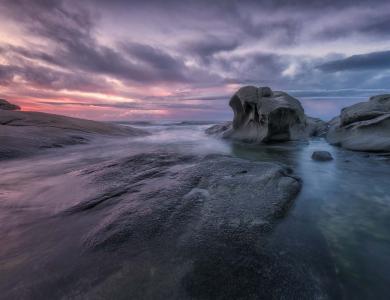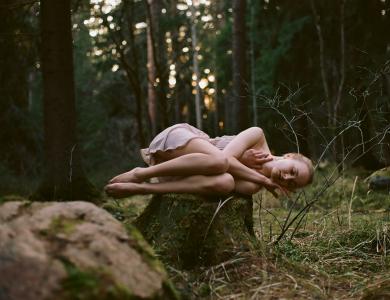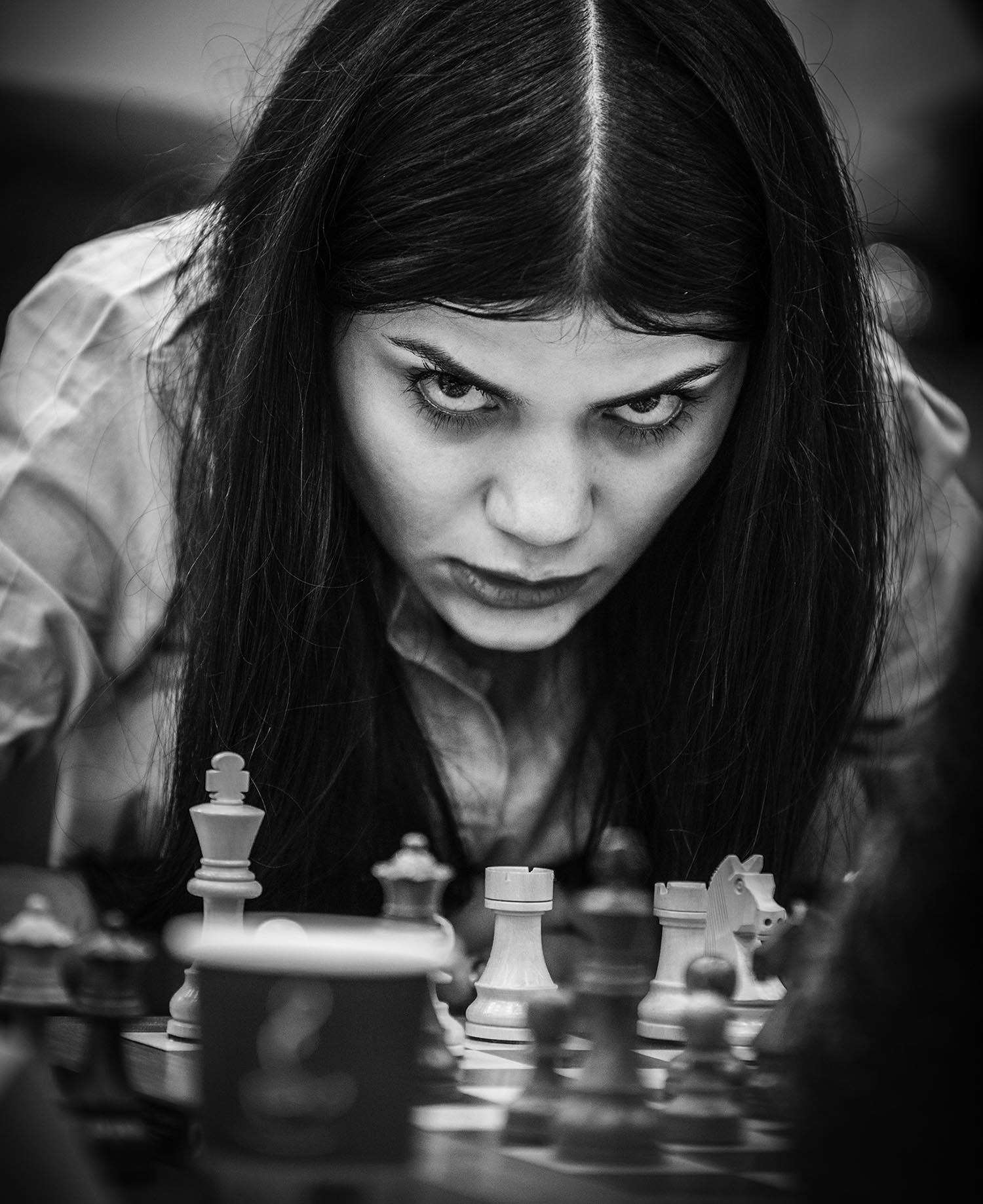
David Llada is a photographer specialized in taking chess players’ portraits. Going to chess events and tournaments became a serious hobby for Llada. He recently became the editor-in-chief of ‘American Chess Magazine.’
Over the past five years, Llada devoted most of his free time to a photographic project called "The Thinkers", in which he portrayed chess players from all over the world. Not only the great champions like Kasparov or Carlsen, but also the street hustlers from New York, or little kids playing in a chess tournament in Mombasa. His work has been compiled into a coffee table book, and he plans to launch a traveling exhibition.
A former journalist, who turned into a business consultant and entrepreneur, Llada was missing the "action", and thanks to photography he found a casual way to regain some of the things he loved the most about journalism; the exciting trips and the chance to hang around with interesting people. We have featured a collection of his images on the @worldphotorg feed.
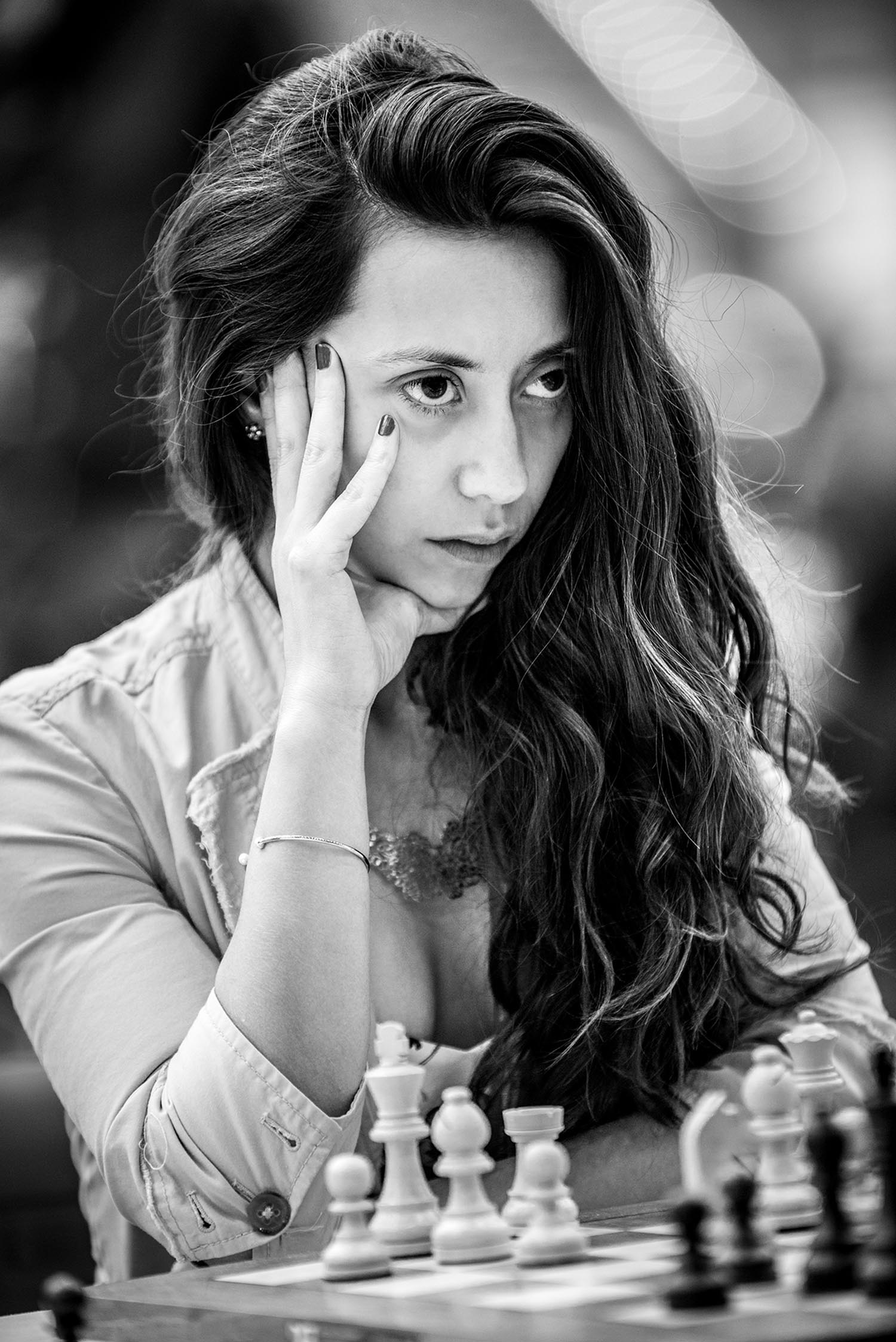
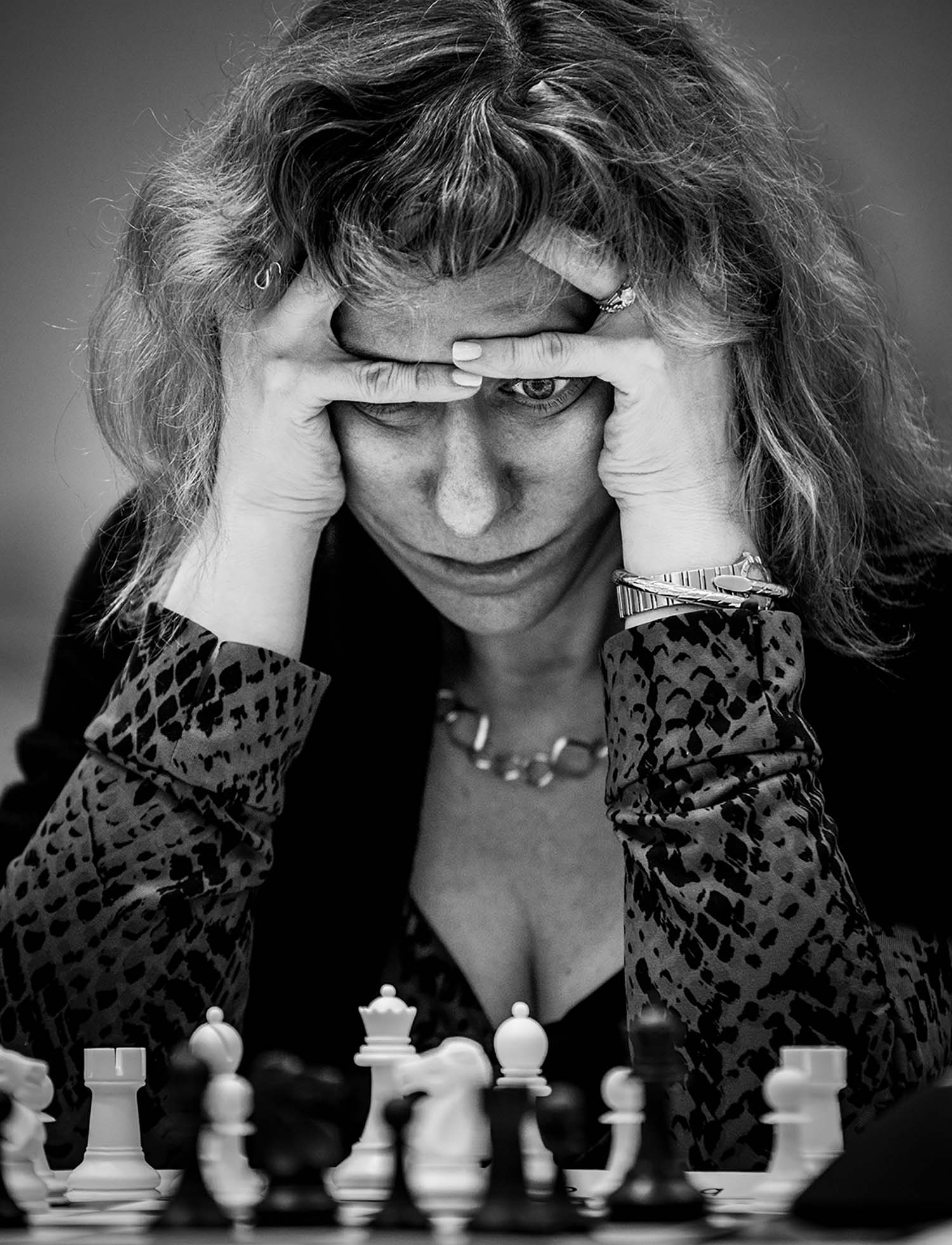
Why chess photography?
Chess is a common thread along my life. Ever since I learnt the game, I became so enthusiastic about it that I wanted to play with everybody around me. But soon I realized that my enthusiasm was not shared by many people, because chess is not that easy to learn and understand. Like learning a new language, it demands a little time and dedication to be learnt and appreciated - but then, it pays off big time!
I have always tried to divulge and promote this game. I taught my parents how to play, I also taught my schoolmates, and I was only 14 when teaching chess in other schools became my first paid job. Then I became a journalist, and I was reporting about chess for specialized magazines, and also contributing to newspapers or general media. At some point, I realized that we were neglecting the way chess was being presented to the world - the visual aspect of it. Yes, chess is an intellectual activity, as cerebral as it gets. But still, appearances matter. Chess is intense, captivating -the players can be sitting for long periods without moving a muscle, but under this surface, the game they are playing could be a thriller. It became clear to me that we could - and should - work harder to capture all these dramatic moments. So I started working on it.
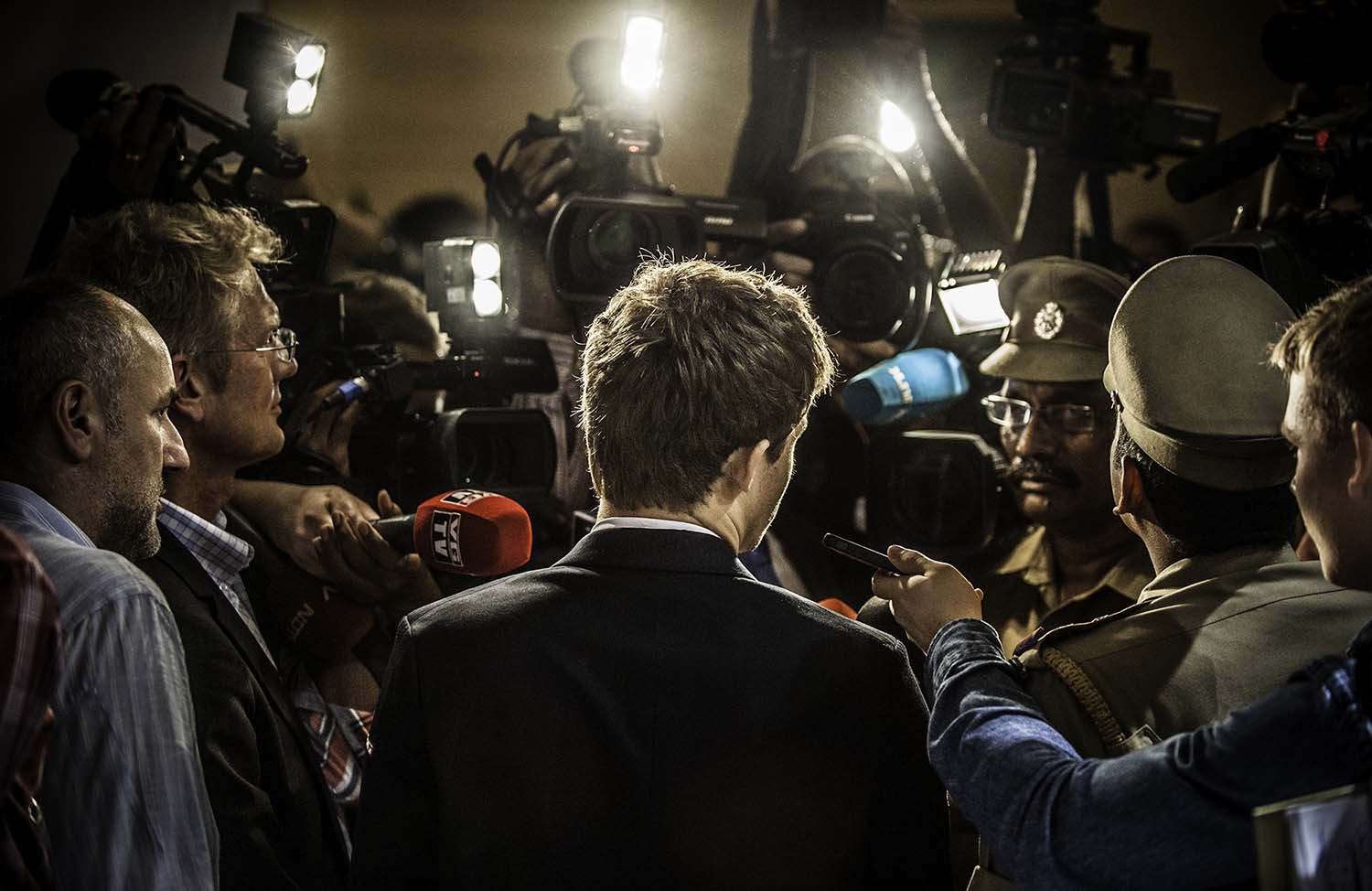
Tell us about the series of images we featured on our @WorldphotoOrg Instagram. Do you have a favorite, and why?
This question was much easier to answer when I was an absolute beginner, with lots of enthusiasm but not so many good pictures captured. The enthusiasm is still there, but as your career develops and the photos and memories pile up, it becomes increasingly difficult to name just a few. Specially when you often portray the same group of people all over the world, you become acquaintance with your subjects, and the memories, the personal likes and dislikes influence your judgment.
I would say some of my favorites are the few ones I took of Kasparov, because he was my childhood here. As a journalist, I got to know him a little; but by the time I started to take photos he was already retired, so the chances to photograph him at the chess board were scarce.
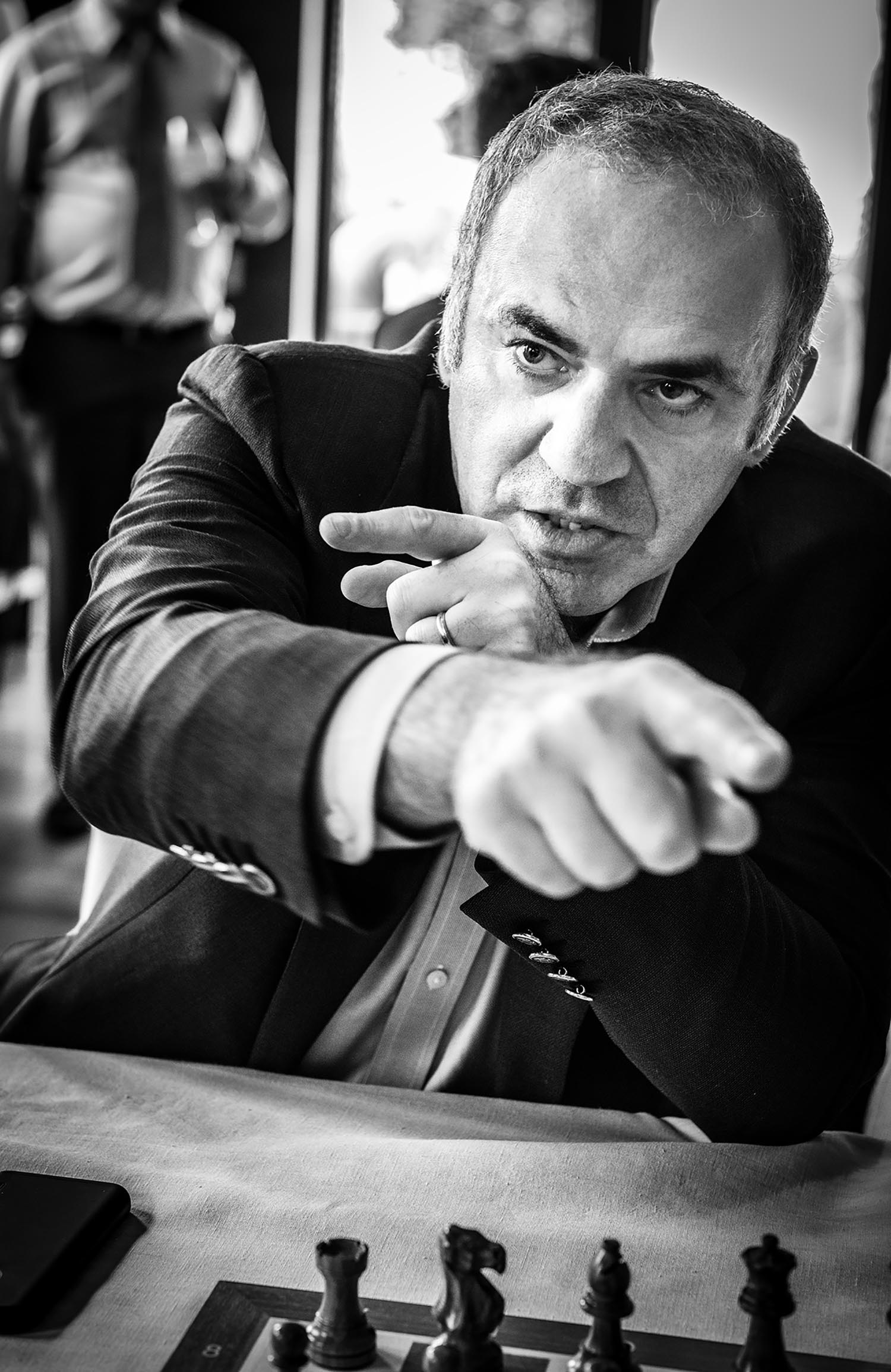
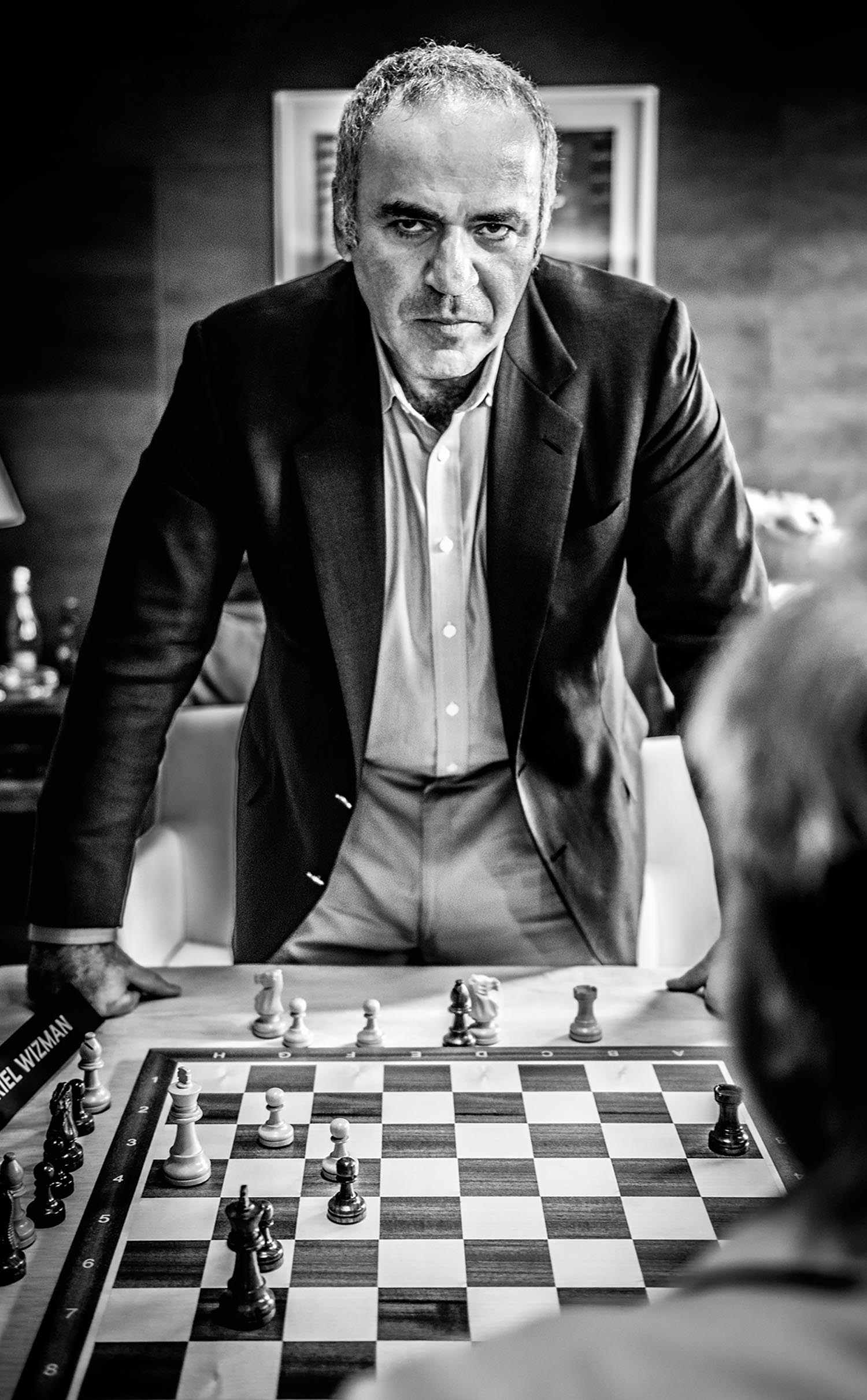
You photographed Garry Kasparov, Magnus Carlsen, and Levon Aronian. Do they like being photographed while they are playing?
To be a champion of that caliber, you need to have a big ego, I think. Specially in chess, where ego - and everything related to psychology- play a huge role. I think these guys worry much more about how did they perform at the board, if their moves made them look like a genius or like an idiot. That's what really obsesses them. But they also pay attention at the photos, even if they pretend not to.
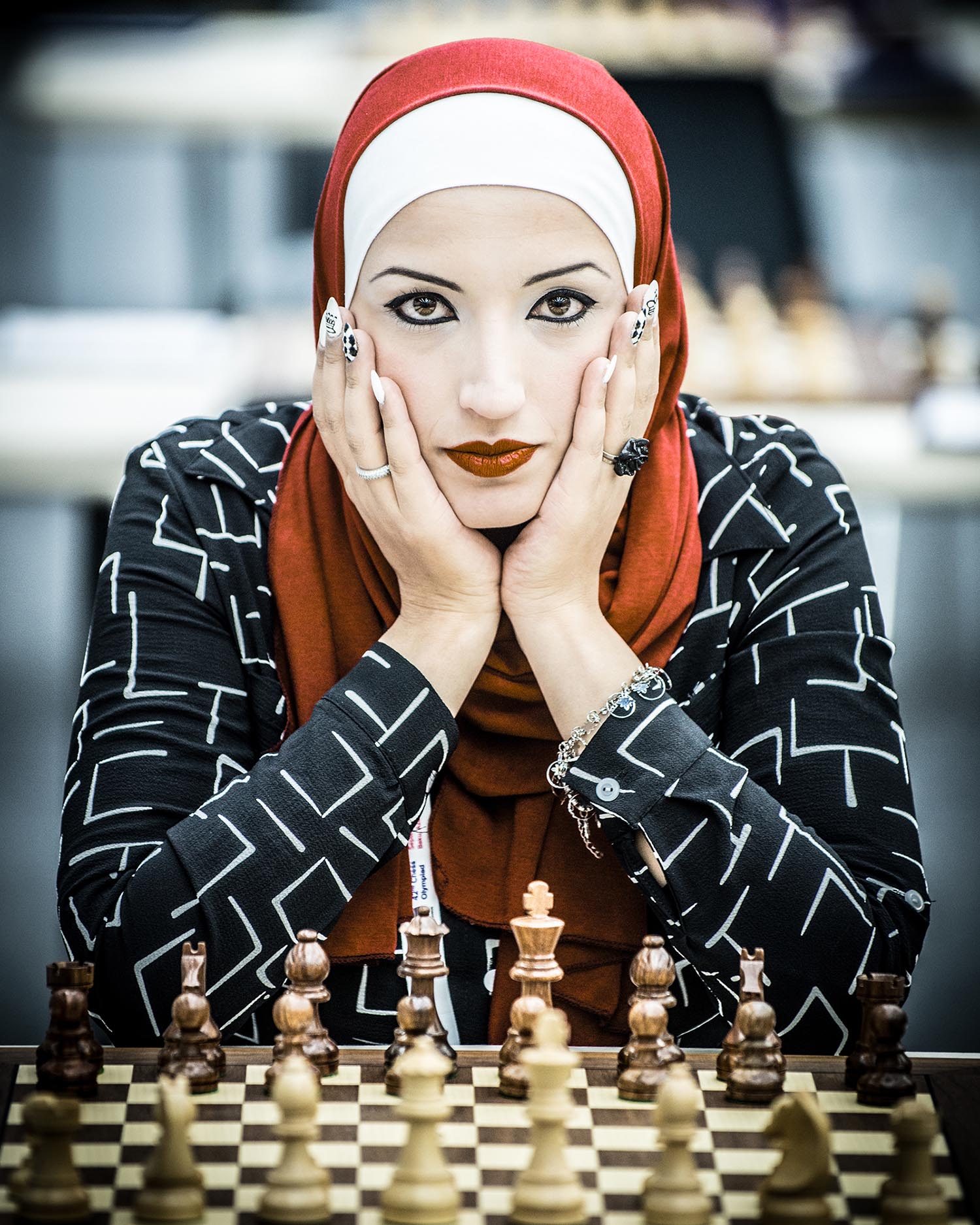
How do the chess players usually react when you want to photograph them?
I doubt they even see me at all. In some of the photos they seem to be looking straight into the camera, but I can tell their thoughts were far, far away. They could well be looking at the ceiling for what it matters. That's one of the reasons why I like to take photos in the critical moments, when they are completely absorbed into the game.
I normally work in poor light conditions, often in theaters where only the chess board is illuminated. And I have to keep some distance, in order to avoid distracting them: many of the close-ups are actually taken from some distance with a 200 or a 300mm. I usually wear dark clothes and move very slowly, so it is quite possible that, most of the times, they don't see me at all. In any case, they are used to me and they tolerate my presence.
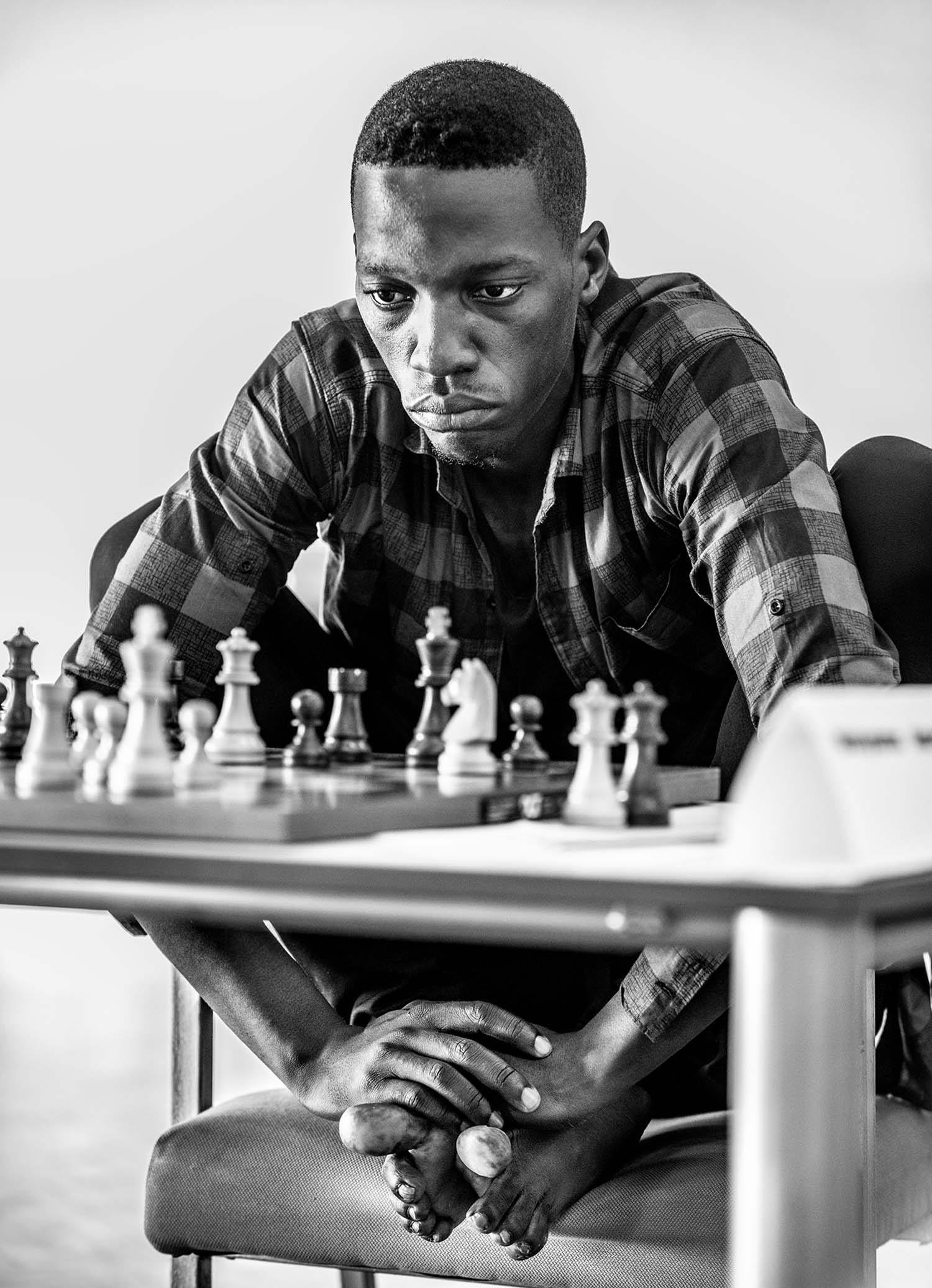
What does a great chess portraiture need to have?
Something that makes my task very easy is the fact that my subjects don't move.
And something that makes my task very hard is the fact that my subjects don't move! What I mean is that it is difficult to come up with something -often it feels like trying to get blood out of a stone. Sometimes I am watching two players for ten minutes, nothing happens, and then all of the sudden their eyes meet and you feel a lot of tension. But this opportunity lasts only one second. Less than a lightning flash - just a spark!
You need to capture one of these glances, one of these moments. That's when the player shows his or her personality, fears, ambitions. I am hunting for micro-expressions that may reveal the psychology of the players.
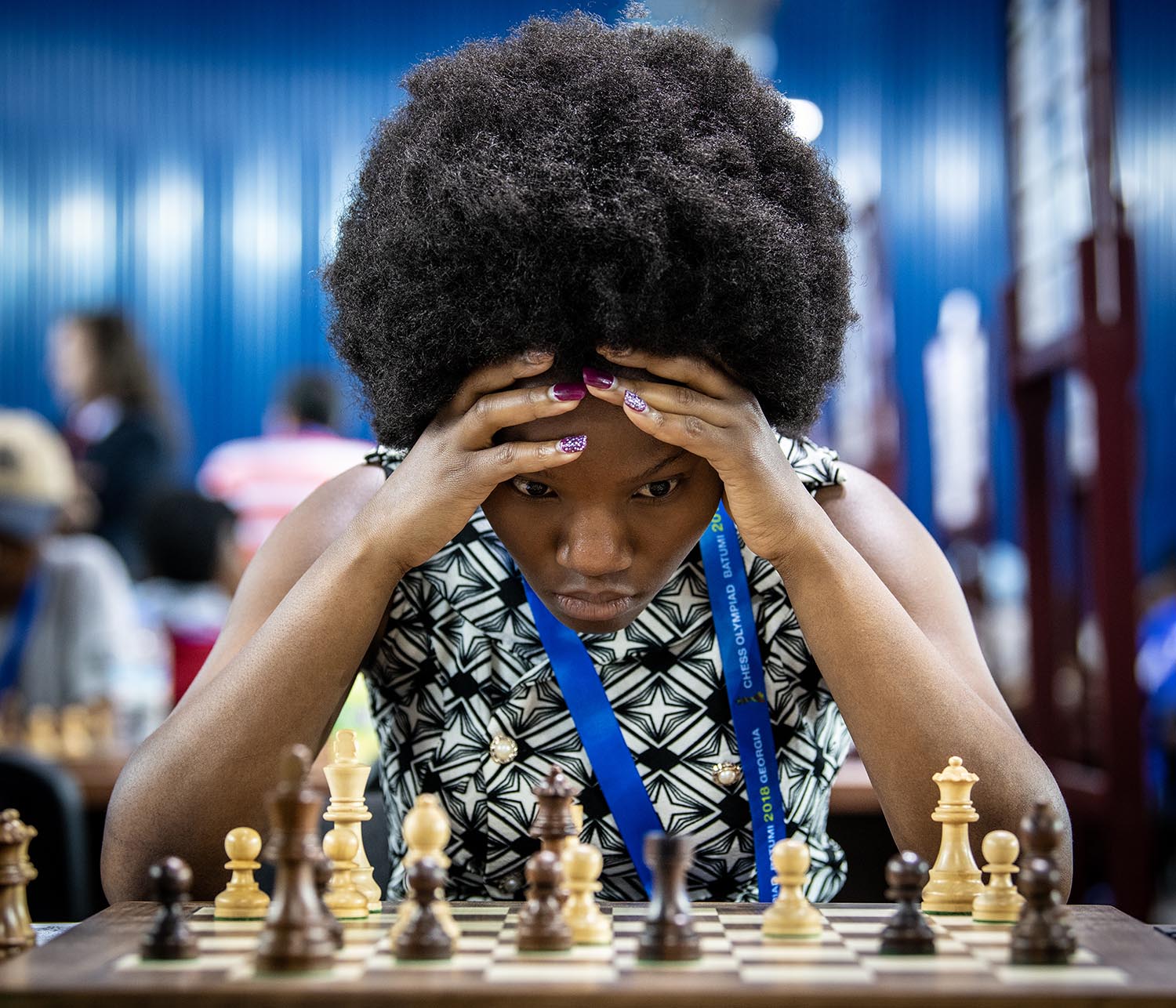
You often say that 'the beauty of chess is that it combines elements of a sport, an art, and science". Can you tell us more about it?
Chess is such a complex game that it admits different schools, different styles, and even different approaches.
Some players sit at the chessboard full of that special energy that distinguishes them as the artist-creators they want to surprise their opponent and the spectators and they want to reveal the beauty hidden in the game and show this to us less-skilled players. Some others are scientists; they want to discover something, they want to find out the best possible move in a position. Some others just sit at the board with just one thing in mind; to crash the guy sitting before them. These are the sportsmen. But the artist also competes, after all. The sportsman, he has to analyze and apply scientific methods to win. The scientist, he has to look for a creative solution to the mathematical problems he encounters at the board.
That mix makes for a truly beautiful game. How could I explain it to somebody who has never played chess? Think of how you feel when you solve a puzzle, or when you find a smart solution to a problem that was bugging you. It is a nice feeling, right? Now, multiply that by one hundred, several times during a game of chess.
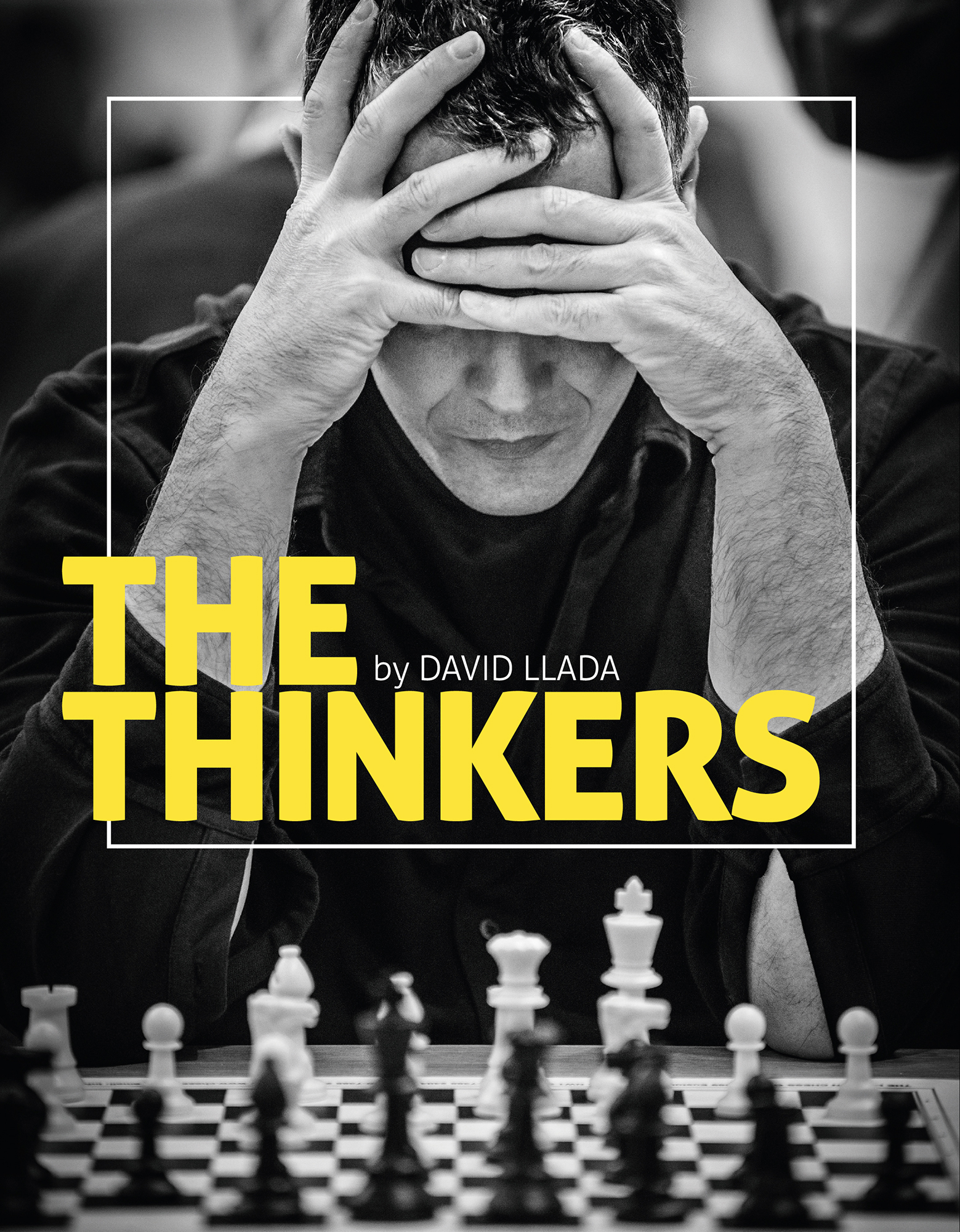
You published a book called 'The Thinkers' by Quality Chess Publisher. Does it capture players' most intense moments?
That's what I tried! But I didn't focus only on capturing these intense moments. I also tried to give a glimpse of who rich a colourful the chess world is. It may not be the most popular of sports, but it is played everywhere in the world, by people of all ages, cultures, and walks of life. From the 60 countries I have been to, I would say that at least 40 or 45 of them I visited them for some reason related to chess. And I often boast to fellow photographers that I have photographed people from every single country in the world - which is true. At the chess Olympiads, more than 180 countries take part. That is priceless!
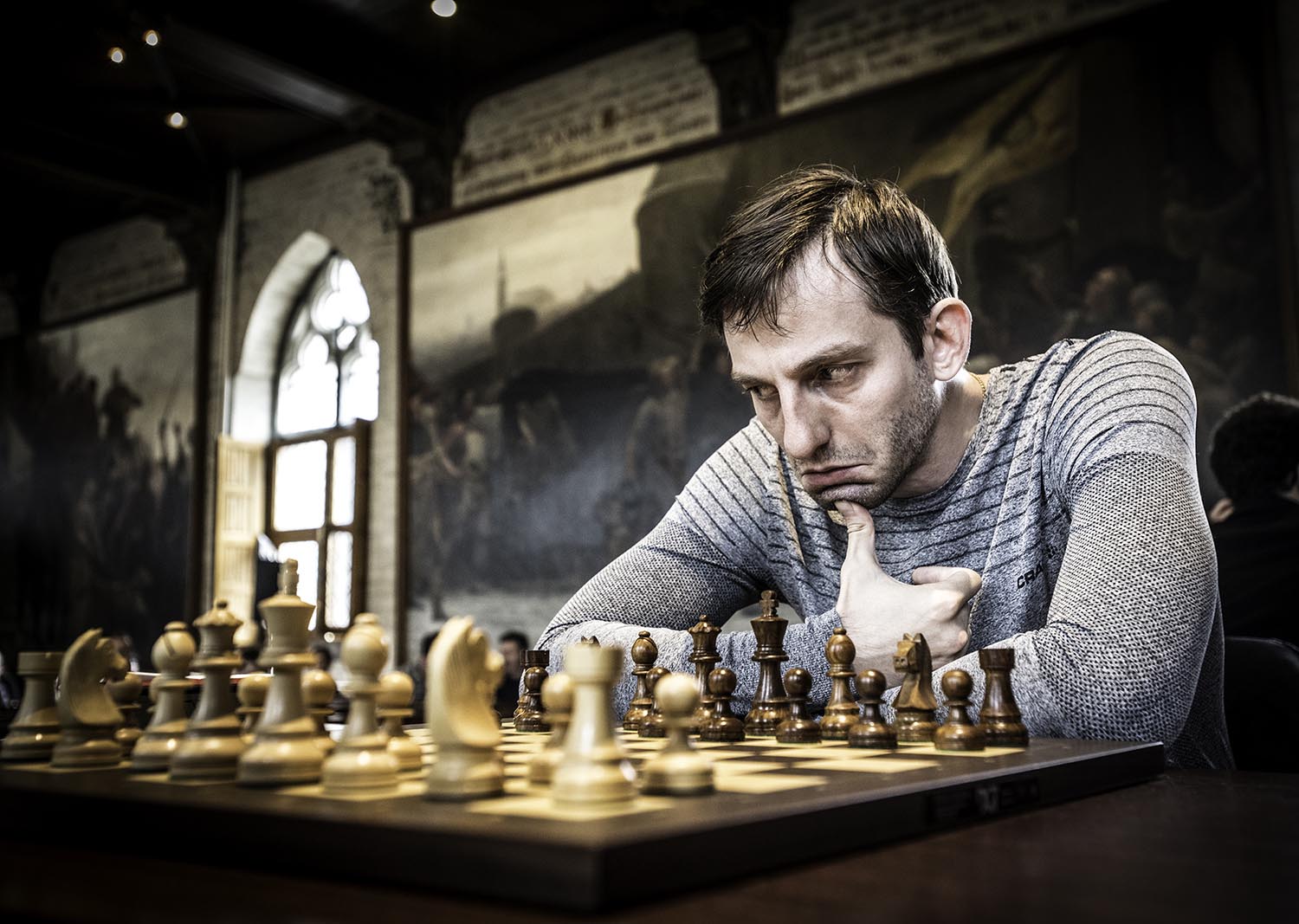
The World Chess Championship 2018 in London starts November 9th. Will you be the photographer there?
I will take photos of course, but these days I am in London mainly as a journalist, on assignment for American Chess Magazine and for the Spanish newspaper El Mundo. The super-elite events don't really appeal to me so much, because you get the same faces over and over again. I enjoy much more going to some small chess open in Kenya, or a school tournament in Poland.
Having said that, the match in London is going to be exciting. The Champion, Magnus Carlsen, and the Candidate, Fabiano Caruana, are two of the greatest players of all times. And I don't see a clear favorite - anything could happen!

